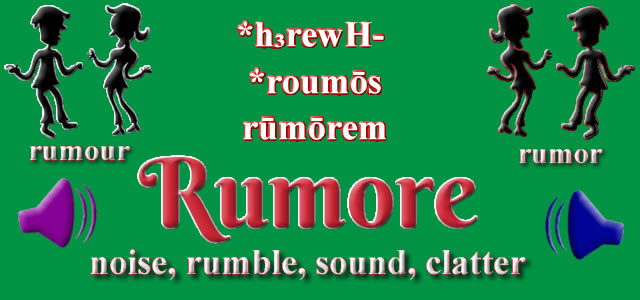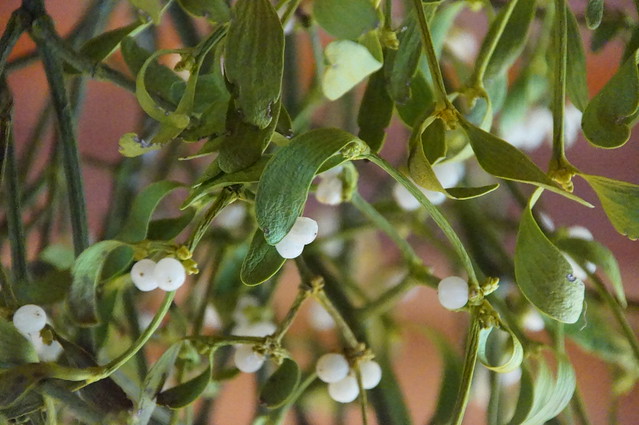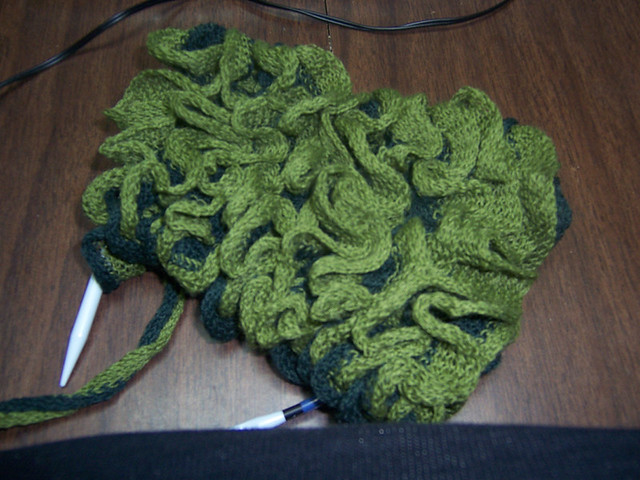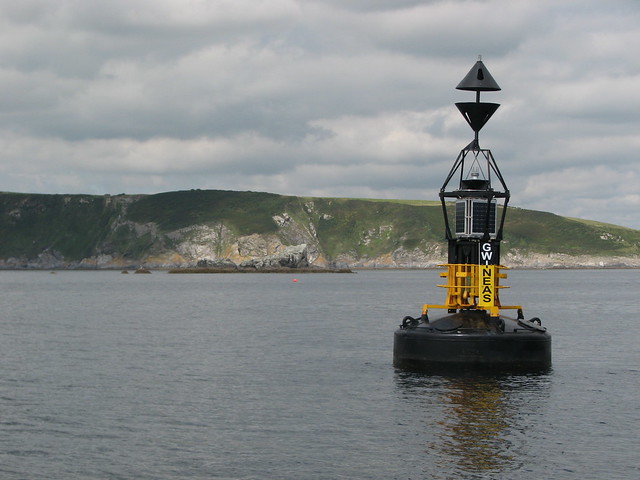Yesterday I learnt that a French word for door knocker is heurtoir. I wondered if this is related to the English word hurt. Let’s find out.
Heutoir [œʁ.twaʁ] means door-knocker, knocker, (rail) buffer or bumper. It comes from heurter (to hit, collide with, upset, clash, strike, knock), from Middle French heurter, from Old French hurter (to ram into, strike, collide with), from Frankish *hūrt (a battering ram), from Proto-Germanic *hrūtaną, *hreutaną (to fall, fly, move quickly), from Proto-Indo-European *krew- (to fall, beat, smash, strike, break) [source].
Related words and expressions in French include:
- heurt [œʁ] = collision, bump, clash
- sans heurts = smoothly
- heurté = jerky, uneven
- heurter de plein fouet = to crash headlong
- heurter qn de front = to clash head-on with sb
- s’heurter (à) = to collide, crash into, bump, bang into, come up against
- entreheurter = to hit one another [source]
Words from the same Proto-Germanic roots include rout (to beat, strike, assail) in Scots, hrjóta (to snore) in Icelandic, and aürtar (to knock, bump against) in Catalan [source].
So where does the English word hurt come from?
It comes from Middle English hurten (to injure, wound hurt), from Old Northern French hurter (to ram into, strike, collide with), either from Frankish *hūrt (a battering ram), or from Old Norse hrútr (ram [male sheep]), from hjǫrtr (stag), from Proto-Germanic *herutuz (hart, male deer), which is related to the English word hart (a male deer) [source].
So heurtoir and hurt might be related, but we can’t be sure.





















